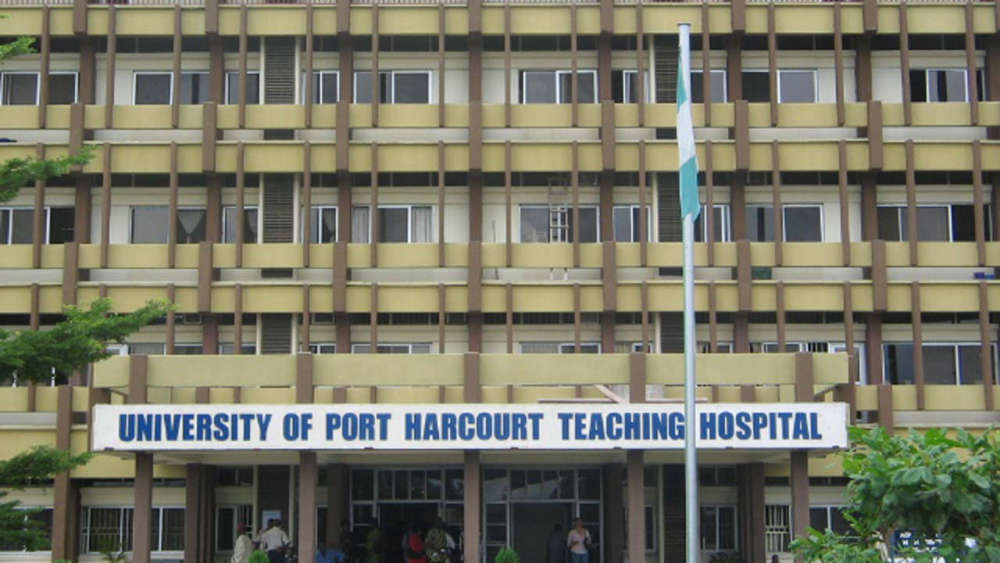
As the harmattan season intensifies in Nigeria with dry and fluctuating temperatures, many people fall ill with symptoms like colds, coughs, fevers, runny noses, and headaches.
Hospitals are crowded with patients of all ages, from infants to the elderly, suffering from flu-like illnesses.
Brief Overview
The harmattan season is a time of high concentration of dry dust in the air. This dust is carried by winds from the Sahara Desert through West Africa to the Gulf of Guinea. The season usually lasts from November to March. Rainfall and high humidity are rare during this season, even in typically wet areas like the Niger Delta. The season is also marked by intense sunshine.
Research shows that the dry air during harmattan can cause several health problems, such as cracked lips, colds, catarrh, and cough. Other issues include dehydration, skin dryness, and irritation. In severe cases, these conditions lead to hospitalization.
Public Health Physician Shares Tips for Managing Flu
In an interview with correspondent Constance Iroele-Mega, a Public Health Physician at the University of Port Harcourt Teaching Hospital (UPTH), Dr. Ebere Onyeije discussed how to stay healthy due to the quick spread of flu during this period. She explained that the flu “is caused by the influenza virus, which usually stops on its own, but can worsen in certain groups, such as infants, the elderly, pregnant women, and those with weakened immune systems.”

Dr. Ebere Onyeije (aka Dr. Right Africa)
According to Dr. Onyeije, the flu, commonly called a “cold,” spreads easily through poor hygiene and close contact with infected persons.“If someone is coughing or sneezing near you, tell them to cover their mouth with their elbow and stay away from them,” Dr. Onyeije advised. She also advised against sharing personal items: "Don’t share utensils, cups, handkerchiefs, or pillows to prevent the spread of infection."
She also warned against using antibiotics and antimalarial drugs during this period. She noted that "when people go to buy antibiotics, they are told to take it morning and night for five days, ending within the time the flu would normally end, so they give credit to the antibiotics, but it never had anything to do with it. That is drug abuse.”
Dr. Onyeije maintained that the flu typically doesn't require medication, warning against self-diagnosis and self-medication. “The flu can just run its course and end within three to five days, except you have a condition that could depress your immunity and worsen the flu, like being too young - babies, elderly, pregnant, or living with HIV.
The Public Health Physician advised that if symptoms persist after three days of rest and basic remedies, the individual should visit a hospital for proper medicare. “Flu symptoms can indicate more serious conditions. If you don’t feel well after taking normal bed rest and analgesics within three to five days, please report to the hospital immediately,” she advised.
Dermatologist Advices Prioritizing Skincare
Professor Dasetima Altraide, a Dermatologist at the University of Port Harcourt Teaching Hospital (UPTH), stressed the need for proper skin care during the Harmattan season. He noted the importance of using sunscreen in this period of heightened sunshine. "Use sunscreen with a sun protection factor (SPF) of at least 30," he recommended. "You must not be outside before you apply it on your skin, so apply it indoors as well,” he added.

He also noted with concern that “most people do not use sunscreen, they're just not used to it." "But it’s essential," he said, "that’s what will protect them from the sun's harmful rays,” he explained.
Professor Altraide also highlighted the need for moisturizers, as the skin tends to dry out in the harmattan. "Mix petroleum jelly with water to keep your skin moisturized,” he suggested. He also advised against towel-drying the body after a shower, allowing the moisturizer to absorb fully.
The Dermatological Consultant also urged individuals with albinism to limit outdoor activities during this season, as they are especially vulnerable to sun exposure. "If you must go outside, use an umbrella to protect yourself from direct sunlight," he advised.


